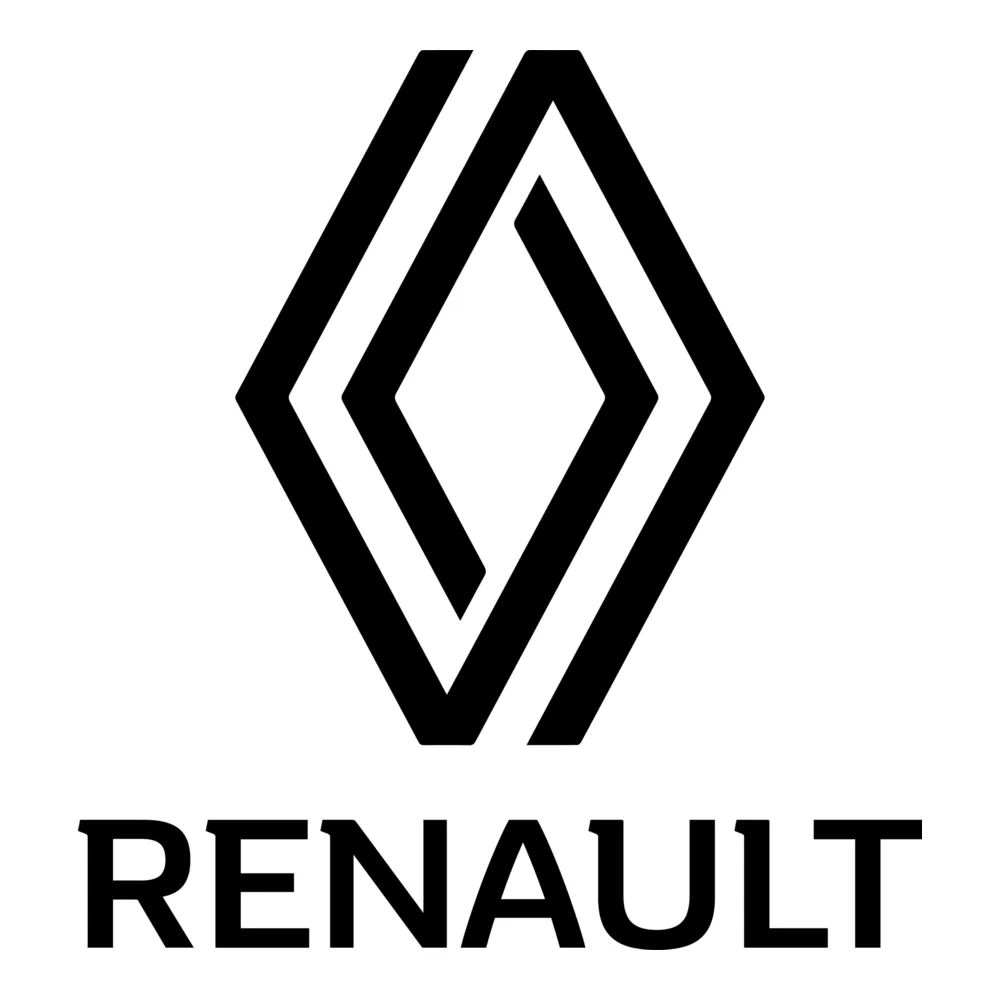Renault: A Legacy of Innovation, Adaptability, and Global Reach

Hire Arrive
Automobiles
about 1 year ago

Renault, a name synonymous with affordable yet stylish automobiles, boasts a rich history spanning over a century. From its humble beginnings in France to its current status as a major global player, the company’s journey is a testament to its enduring adaptability and commitment to innovation. This article explores the key aspects of Renault’s past, present, and future, highlighting its triumphs, challenges, and its ongoing contribution to the ever-evolving automotive landscape.
A Century of Automotive History:
Founded in 1898 by Louis Renault, the company quickly established itself as a pioneer in automotive technology. Early innovations, including the development of lightweight and reliable vehicles, cemented Renault's position in the market. The post-war era saw Renault play a crucial role in rebuilding France, providing affordable and practical cars for the masses, notably the iconic 4CV. This model established Renault's reputation for practicality and affordability, a legacy that continues to this day.
Adapting to Change:
The automotive industry is notoriously volatile, and Renault has consistently demonstrated a remarkable ability to adapt to shifting market demands and technological advancements. From the energy crisis of the 1970s to the rise of electric vehicles in the 21st century, Renault has successfully navigated numerous challenges. Strategic partnerships, such as the alliance with Nissan and Mitsubishi (now somewhat strained), have been instrumental in expanding its global reach and sharing the costs of research and development, particularly in the crucial areas of electric and autonomous vehicle technologies.
Innovation and Sustainability:
Renault's commitment to innovation is evident in its ongoing investment in electric vehicles (EVs). The Zoe, a fully electric city car, has been a significant success, proving the viability and desirability of electric mobility on a larger scale. Furthermore, the company is actively pursuing hybrid and hydrogen fuel cell technologies, demonstrating a forward-thinking approach to sustainable transportation. This dedication to sustainability is not just limited to powertrains; Renault is also exploring innovative manufacturing processes aimed at reducing its environmental footprint.
Challenges and Future Outlook:
Despite its considerable successes, Renault faces ongoing challenges, including intense competition in a rapidly changing market and the ongoing restructuring of its alliance partnerships. The global chip shortage and the rise of new automotive players from China also present significant hurdles. However, Renault's history suggests a resilience and adaptability that will likely allow it to overcome these obstacles. Its focus on electrification, connectivity, and autonomous driving positions it well for future growth. The company's commitment to affordable and innovative vehicles, coupled with its established global presence, suggests a bright future for Renault, albeit one that requires continued innovation and strategic planning.
Conclusion:
Renault's story is one of continuous evolution and adaptation. From its early pioneering days to its present focus on sustainable and innovative technologies, the company has consistently demonstrated a remarkable ability to anticipate and respond to the changing demands of the automotive industry. While challenges remain, Renault’s legacy of innovation, its global reach, and its unwavering commitment to the future position it firmly as a key player in the global automotive market for years to come.